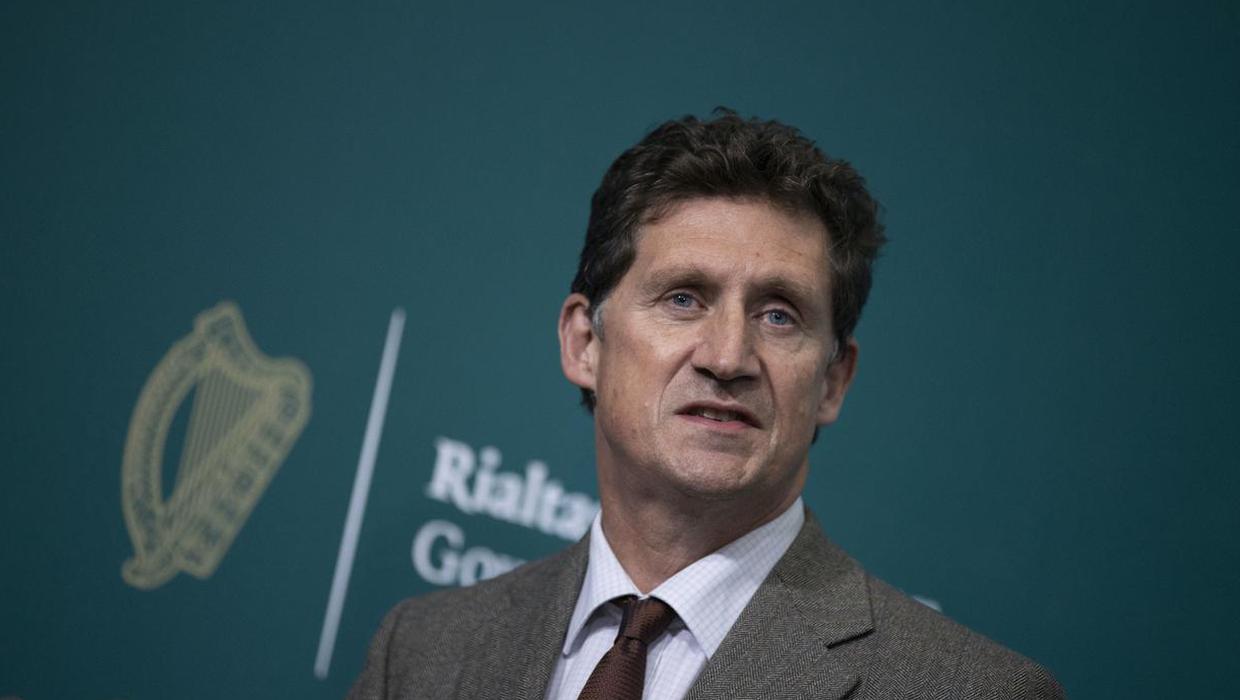Delivering a circular economy will have positive environmental, economic and social impacts. A well-designed circular policy framework can identify co-benefits, so that environmental improvements also provide economic and social opportunities, and vice versa. Across Europe, countries are moving towards and adopting circular economy practices. The EU is pursuing its ‘European Green Deal’ strategy, which has the circular economy at its heart. In March 2020, the EU launched its Second Circular Economy Action Plan. At the national level, Ireland published its first Whole-of-Government Circular Economy Strategy in December 2021 to ensure policy coherence across the public sector and to outline the Government’s overall approach to the circular economy for stakeholders and the public.

